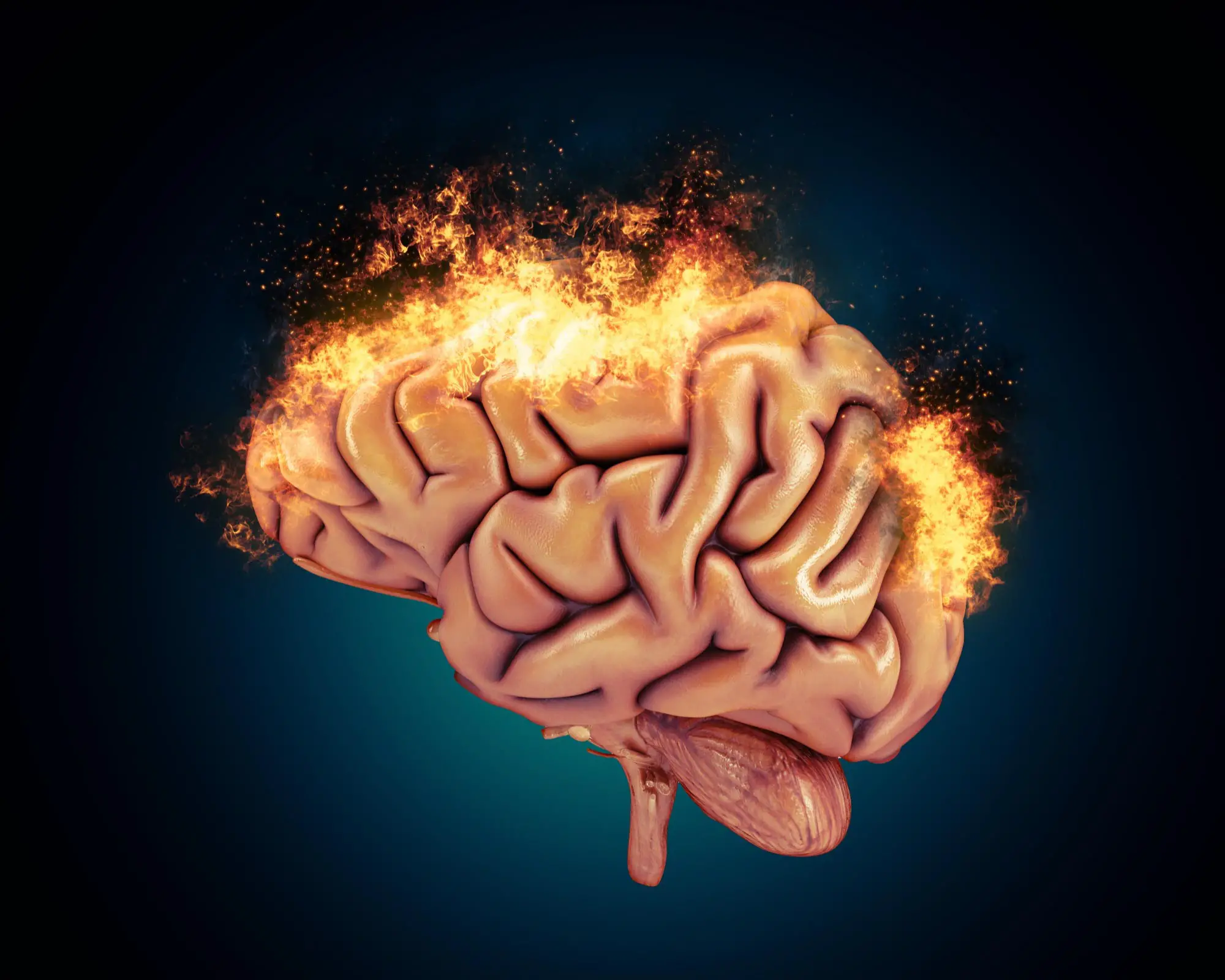Summary of New Research Reveals Surprising Findings:
New research from UMC Utrecht and the Mayo Clinic has found that our brains decline later than previously thought, occurring between the ages of 30 and 40 rather than after 25. The study, which studied electrode grids placed on the brains of epilepsy patients, discovered that brain connections become faster with age, doubling in speed. This provides new insight into brain function and development and could also lead to better computer models of the human brain, which will help advance research into various brain disorders. The study’s data is now publicly available to researchers around the world.
*****
Our Brain Declines Later Than Previously Thought: Study.
Recent research from the University Medical Center Utrecht and the Mayo Clinic reveals that our brain declines later than previously thought, occurring between ages 30 and 40 instead of after 25. The study, published in Nature Neuroscience, provides new insight into brain function and development.
Faster Connections in Our Brains
The researchers discovered that the connections in our brains become increasingly faster with age, doubling in speed and providing new insight into brain function and development. The frontal lobe, the front part of our brain responsible for thinking and performing tasks, also develops longer than an area responsible for movement.
Brain Map and Better Computer Models
The researchers obtained the data from the electrode grid that some epilepsy patients get placed on their brains in preparation for epilepsy surgery. With this information, scientists can make more realistic computer models of our brains.
Open Science
With this publication in Nature Neuroscience, all data has become publicly accessible. This means that researchers from all over the world can use the data for future research.
Why It Matters
Our understanding of the brain and how it works continues to evolve, and studies like this one provide new insights into brain function and development. This research can lead to improved treatments for brain disorders and help us better understand how our brains work.
Conclusion
The study provides essential information about our central nervous system and brain connections. As our understanding of the brain continues to evolve, studies like this contribute to our knowledge and can lead to new treatments and therapies for brain disorders.


